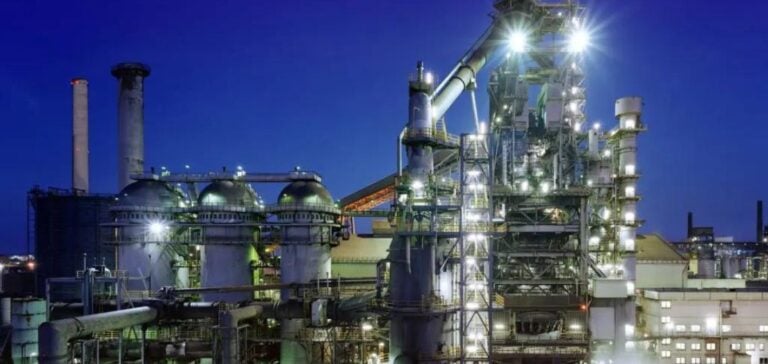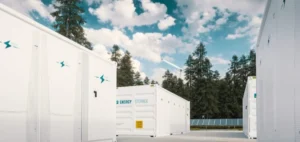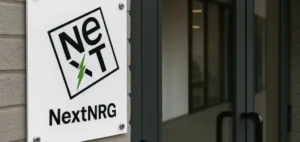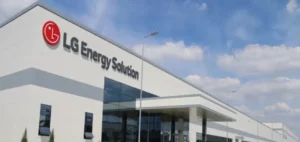The global energy transition is well underway, but it faces unresolved technical hurdles that are preventing us from achieving our global climate goals by mid-century. While initiatives such as the adoption of electric vehicles, the installation of solar and wind farms, and improving the energy efficiency of homes and appliances are underway, other crucial aspects still rely on unproven technologies. These challenges include the need to develop a long-term energy storage solution and the decarbonization of hard-to-kill sectors such as heavy transport, power generation and energy efficiency.
Form Energy, a Massachusetts-based company, has made a surprising discovery in its attempt to solve the problem. long-term energy storage. Lur innovative air-iron battery technology could not only transform energy storage, but also clean up an essential part of the steel industry. This battery stores energy by converting rust into pure iron, then feeds it back into the grid by transforming this iron into rust. This same process can be applied to purify iron ore used in the steel industry, traditionally one of the most carbon-intensive components of the steel supply chain.
Challenges and solutions for the steel industry
Steel production is currently the largest emitter of greenhouse gases in the manufacturing sector, responsible for at least 7% of all man-made emissions. The traditional iron ore purification process, which uses high-emission coking coal, is extremely polluting. Although there are already options for reducing emissions from this industry, none has yet proved to be a magic bullet. However, Form Energy’s new air-iron battery technology could well be that solution. By using a low-temperature alkaline solution and an electric current to produce powdered metallic iron, this process could be continuously efficient and financially competitive with fossil-fuel furnace technologies.
A promising technology
Form Energy claims that their electrolytic process could be easier to deploy because it can be scaled up in small increments, unlike the billion-dollar investments required for traditional furnaces. Mateo Jaramillo, co-founder and CEO of Form Energy, says: “We’ve found a more economical, scalable and efficient process for producing green iron. We know it has a chance of creating considerable value, so we’re going to pursue it.”
Economic and environmental implications
Form Energy’s project was one of 13 selected to receive funding from the U.S. Department of Energy’s Advanced Research Projetc Agency-Energy (ARPA-E) last month. Decarbonizing steel would have major implications for many downstream economic sectors. The World Economic Forum points out that “if all the two billion metric tons of crude steel produced worldwide each year were green iron, it would reduce not only emissions from steel, but also emissions from all steel-dependent industries.” The transformation of these key sectors demonstrates the importance of technological innovation and strategic partnerships for a sustainable energy future.




















